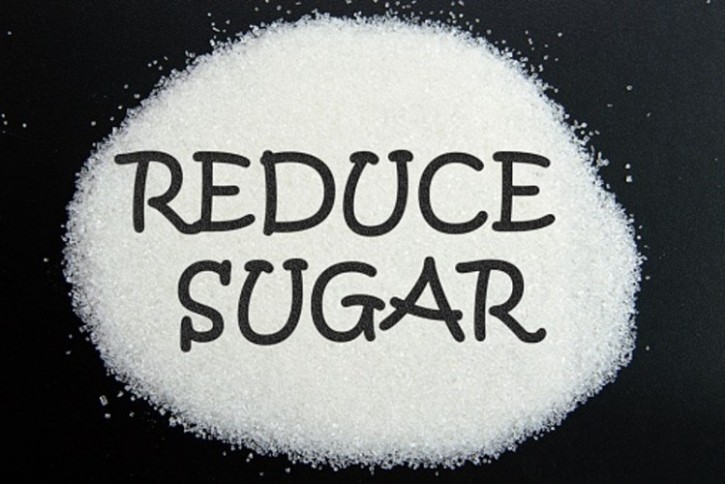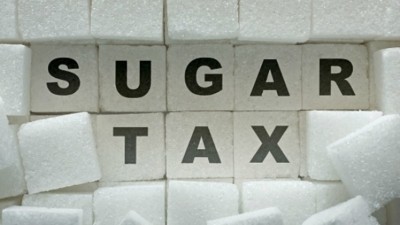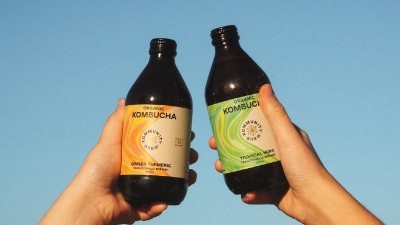Middle East majors: Clean label and sugar reduction ‘a must’ to penetrate local beverage market

The Middle East and Dubai in particular is well known for being associated with luxury and opulence, which also brings with it a higher awareness amongst consumers when it comes to food and beverage consumption and increased demand for higher quality.
This has very much in the local beverages sector, particularly so when products are associated with beauty and skincare given the weather conditions in the region and the potential impacts of this on the skin.
“High quality is a must here in the Middle East and especially Dubai, and when it comes to anything associated with beauty the need and demand is even more apparent,” Rob Furse, Director of the +PW beverage brand’s parent company Millennium Group, told FoodNavigator-Asia.
“It is very clear that consumers are limiting their consumption of sugary drinks and carbonated drinks, [partially due to higher price points] but mostly due to higher awareness of the health and wellness connotations, so beverage brands also need to accommodate these changes.
“For us, newer products such as the beauty-focused Collagen Booster were formulated to have zero sugar, no artificial ingredients, as well as a blend of vitamin B3, B6, B7 and C for skin maintenance alongside the collagen itself.
“Any existing products that do have any ingredients that might be of concern are looking at being reformulated to remove these, as alongside sugar the idea of clean label is also really gaining steam.”
The impetus for sugar removal is especially clear for companies looking to position themselves from a beauty or wellness aspect, as various dermatological studies have identified sugar overconsumption as a factor in skin ageing, compounding issues such as inflammation and collagen damage.
“Everyone wants to live better and feel better, and beauty is such a big part of that, especially in a market like the Middle East,” he added.
“Here high quality and premium are very front and centre, so it’s all about clean, it’s all about pure, it’s all about giving consumers products that they can trust in to look after them, and this is no different for beverages, so added sugar is quite the no-go these days.”
Sugar angst
Sugar has overall long been a matter of concern for the Middle Eastern region, which struggles with high obesity rates and the position as one of the fastest global growers in terms of sugar consumption.
According to the World Health Organisation (WHO), average daily sugar consumption in this region comes in at 85g per day – well over the WHO recommended value of 5g daily.
Governments across the region such as the UAE and Oman have enforced regulatory and levy attempts to control sugar intakes, particularly in beverages, with a 50% taxation on soft drinks and 100% taxation on energy drinks respectively, which has given these sugar-sweetened beverages higher price points on average since 2020.
However, although sugar-reduced and sugar-free drinks may be gaining popularity as a result, it appears that sugar consumption outside the beverage industry still remains on the rise as evidenced by overall consumption increase in the past year.
“The market for sweetened beverages has adapted to the excise tax in the UAE,” Jamal Al Ghurair, Managing Director of one of the oldest sugar firms in the region Al Khaleej Sugar told us.
“The demand for sugar has been growing at about 3% since Q4 2022 [but] a lot of this is being imported.”
The Middle East also has one of the highest numbers of diabetic patients in the world.









